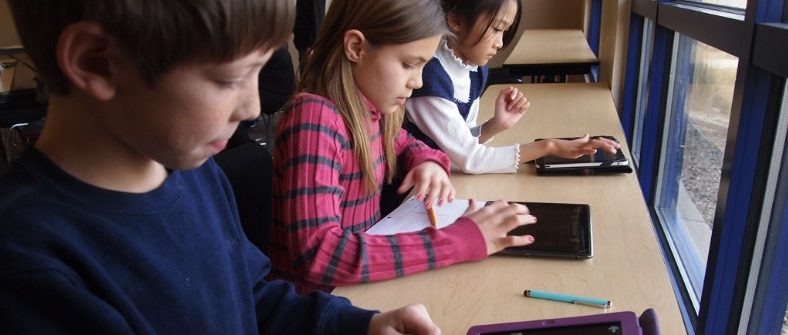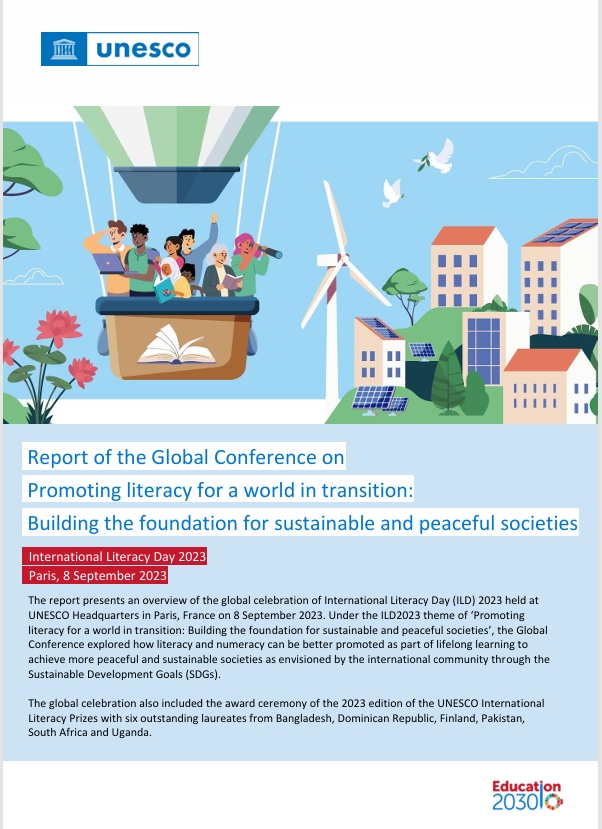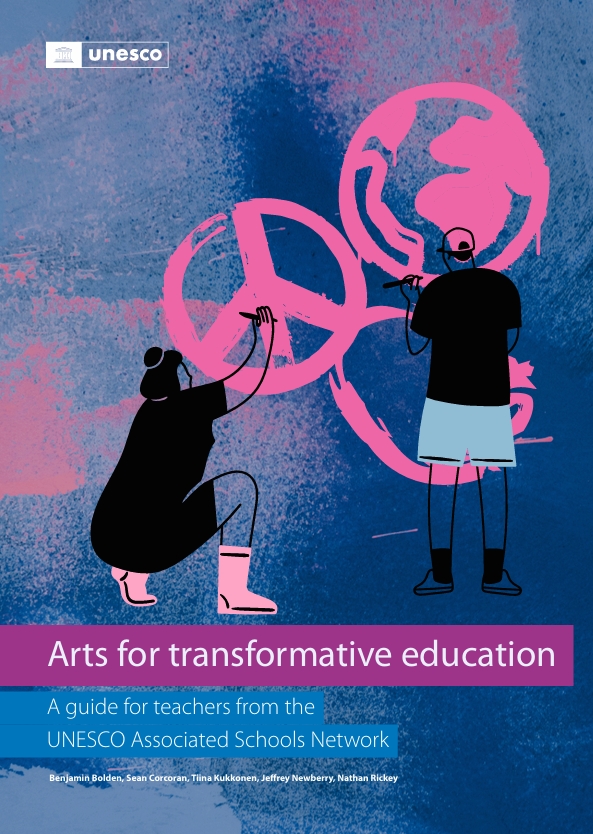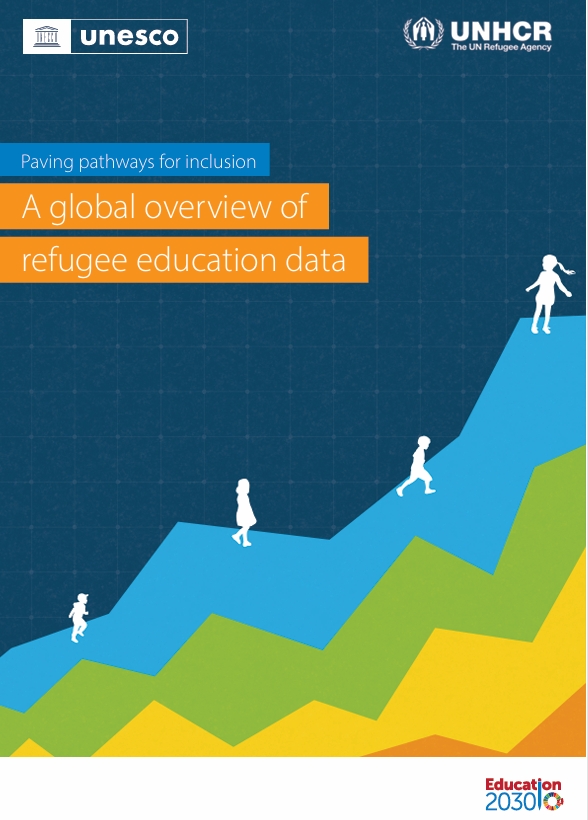Story Source: Edtechnology ~ Go to Original Article
There are endless discussions around AI and the importance it holds for the betterment of our society. These conversations have also seeped into the world of academia. However, with the technological advancements that have taken place, rises a set of concerns for the sector of education today.
Over recent years we have witnessed an increase in the number of distracted students as they find it difficult to differentiate learning time from their leisure activities conducted on the same device. Many teachers believe that smartphones and tablets, with internet connectivity and text messaging services, are merely a source of distraction for students as opposed to a learning tool. It can, therefore, be challenging for a teacher to monitor their students so closely in class as to determine whether they are utilising educational apps on their tablets or browsing Facebook………………….






